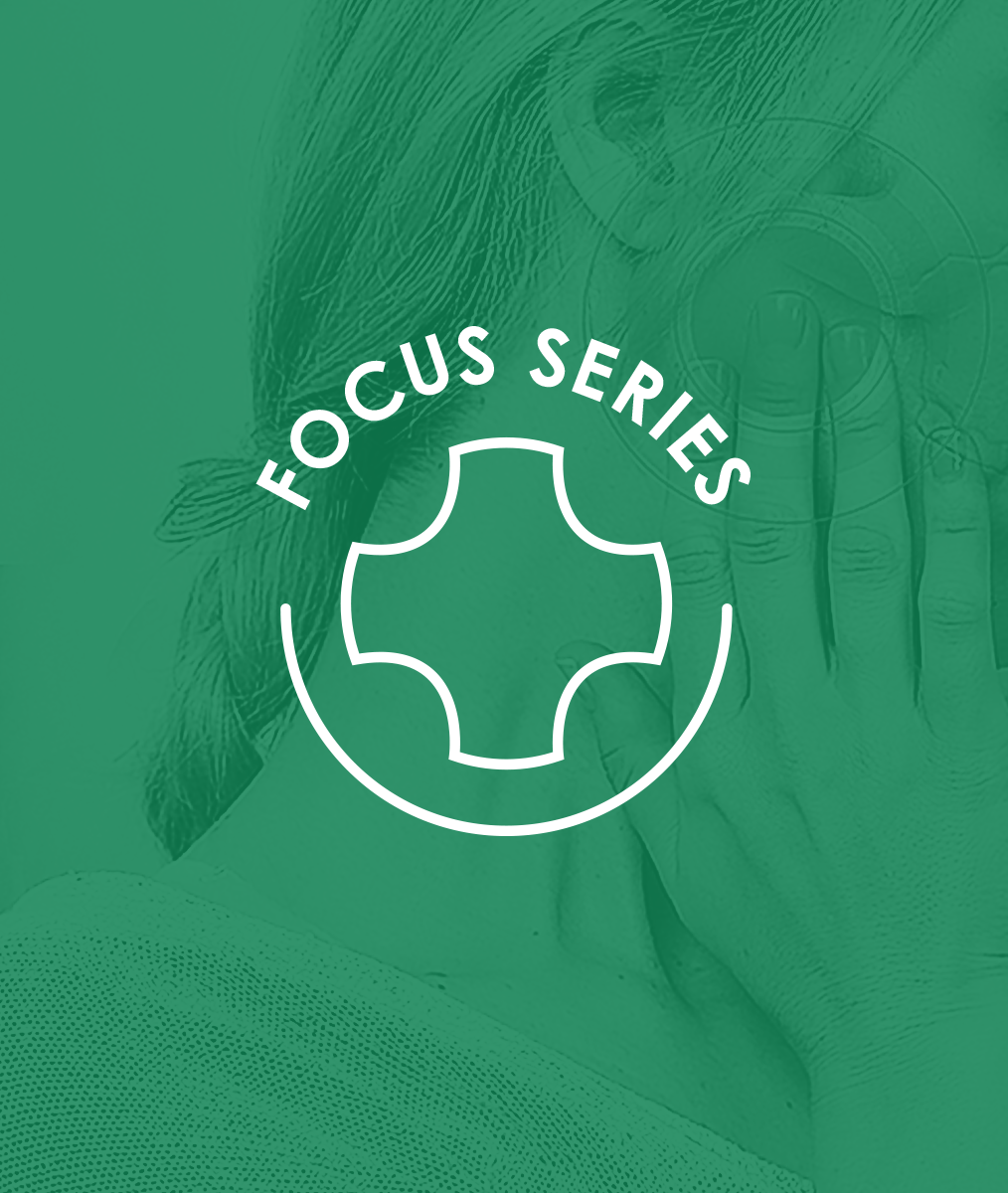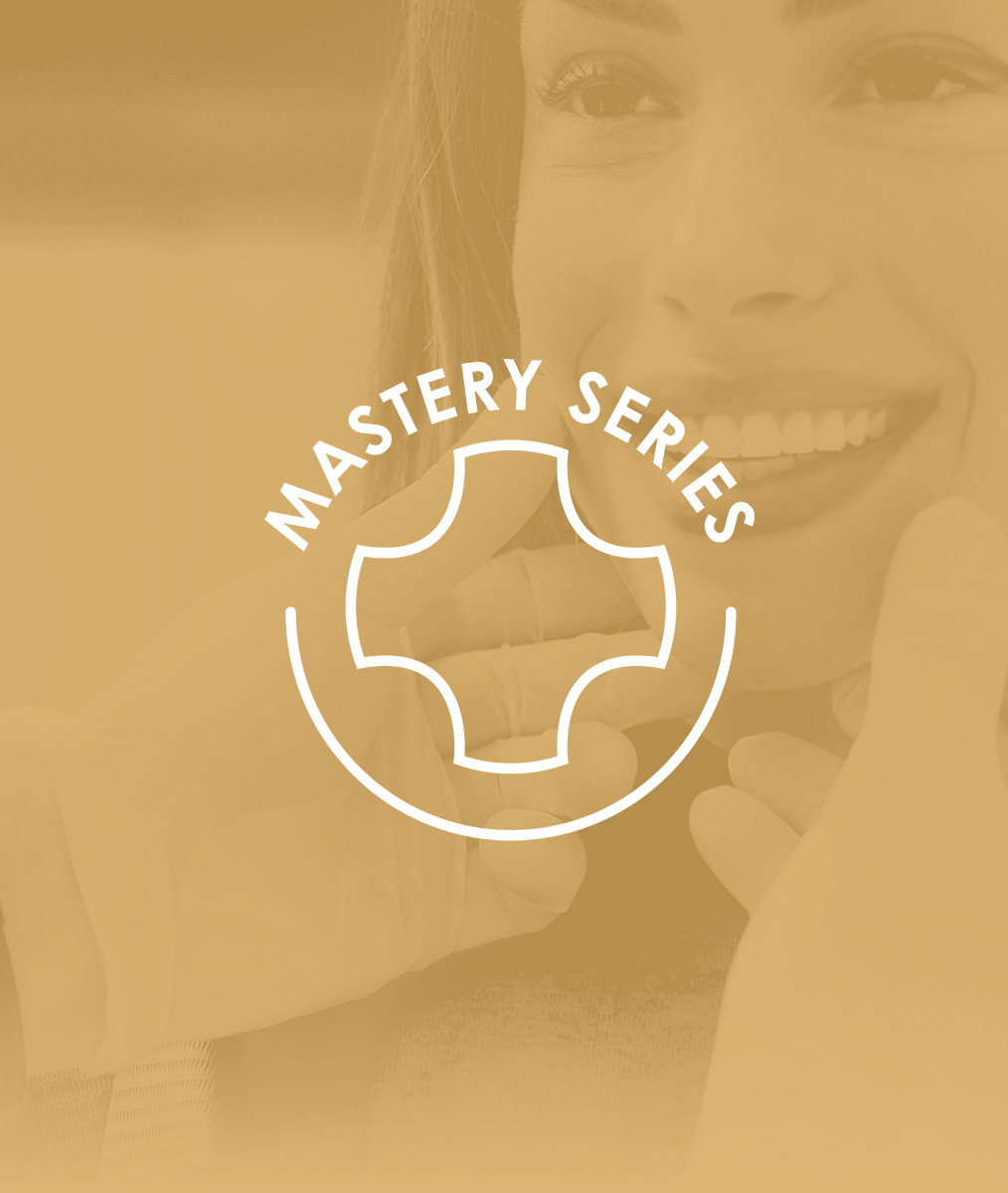The Four Universal Promises of Leadership - Part 2
In Part 1 of this series, I introduced you to a discussion about leadership and four universal promises of leadership. My next goal is to discuss the first of four universal promises of leadership.
The First Universal Promise
You will set the right direction and create meaningful work.
Each of us needs structure to live and lead effectively. Setting the right direction requires you to be clear on what your destination is. What story do you want your life and your life’s work to tell? Is it a story worth telling? Will it inspire other people to want to go with you? What will it take to get there? How and where do you start?
Clarity Will Transform You
The structure of destination and meaning comes from your vision, mission and values. Your vision is critical to communicate a clear picture of your destination. Your mission is critical to understanding what you must overcome and connecting each person’s role to it. Values guide us from deep within.
The process of clarifying your vision, mission and values sets into motion self and organizational transformation.
Your vision transforms you into an Inspiration Maker.
Your mission transforms you into a Meaning Maker.
Your values transform you into a Behavior Maker.
Vision is the inspiration maker for the organization. It is the destination that the organization is traveling to. Jason Bourne’s vision was to get his identity back from the evil CIA unit that stole his identity. His mission was the very dangerous actions that he had to undertake in order to get rid of the bad guys and get to the truth.
Mission is the meaning maker for the organization…It is about the conflicts, barriers, and work that must be overcome to reach the destination. In a Nike commercial, the athletes are pushing their physical limits in training (Mission) to become a champion (Vision).
Values are the rules of behavior for everyone in the organization, including the leader. They are the boss. When anyone violates the values that they have agreed to, it becomes obvious to all. The leader makes himself/herself accountable to the team and asks for them to confront him/her if he/she violates them. Values are grounded in our most deeply held beliefs and often integrated to the framework of our faith.
In other words, vision-mission-values are for the benefit of the organization. And, yes, the leader must become them as well.
When your vision, mission and values saturate your organizational culture, you begin to enjoy the rewards of that effort. The shared mental model provides structure for thinking with one mind, speaking with one voice, and feeling with one heart. Your energy and effort are channeled into one powerful coherent force that is aligned at all levels and moving in the direction of your destination.
After Action Reviews
Here’s an example of how in my dental practice we routinely review whether we are on course to our destination in alignment with our values. Recently, in our morning huddle today, we did an After Action Review (ARR) of our performance as a team on the previous afternoon. It was a routinely busy day that got pushed in the last two hours with several important emergency appointments.
An AAR examines the performance of the entire team and asks key questions:
What did we intend to do?
What did we actually do?
What were the results?
What would we do next time?
Were our actions consistent with our values?
I started the discussion. Quickly, several key team members expressed their thoughts and emotions that our performance as a team did not produce the results that we want and were not consistent with “Who We Are” and “Who We Hope to Be” at our best. It was a difficult but very productive conversation…and I think essential to creating better future performance.
These kinds of conversations invite every team member to have a voice in the critical moments of how we perform as a team, which increases the meaning of their work and recognizes the value of their contributions. It also allows us to evaluate if our behavior and performance as a team is moving the practice in the direction of our vision. Clarity wins. These conversations clarify.
Until next week and Part 3
Related Course
E2: Occlusal Appliances & Equilibration
DATE: February 9 2025 @ 8:00 am - February 13 2025 @ 2:30 pmLocation: The Pankey Institute
CE HOURS: 44
Dentist Tuition: $ 7400
Single Occupancy with Ensuite Private Bath (per night): $ 345
THIS COURSE IS SOLD OUT What if you had one tool that increased comprehensive case acceptance, managed patients with moderate to high functional risk, verified centric relation and treated signs…
Learn More>













